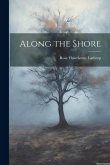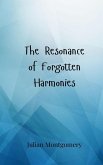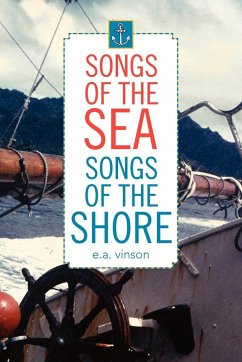The Forgotten Shore is a fascinating volume of poetry, and according to the author, represents a kind of "archaeology of emotions" to be excavated and explored. At times, the language is difficult and confounding, as J. P. Linstroth often references Greek mythology and archaic speech. Yet, there is something profound about his poetry that draws the reader toward an inextricable communion with his personal emotions and his unique observations of the world. Somehow, there is something akin to Seamus Heaney in Linstroth's abstract poetic style and his linguistic fecundity. His poetry is at once challenging but also accessible. In all, it is a book of poetry to be cherished and read-and then read again. -Dr. Paul Gibbard, Senior Lecturer European Languages and Studies, The University of Western Australia
Hinweis: Dieser Artikel kann nur an eine deutsche Lieferadresse ausgeliefert werden.
Hinweis: Dieser Artikel kann nur an eine deutsche Lieferadresse ausgeliefert werden.









